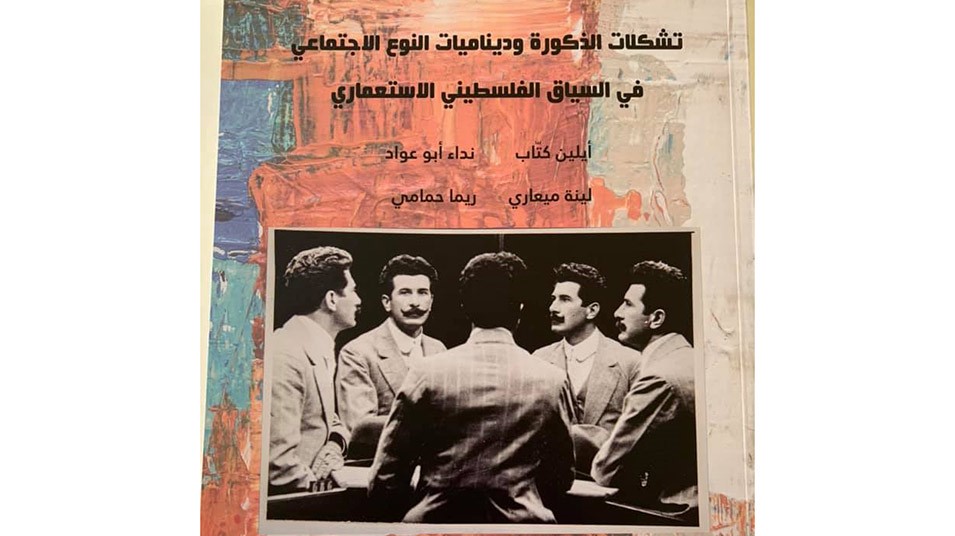Institute of Women’s Studies publishes report on masculinity, gender dynamics under occupation
The Institute of Women's Studies at Birzeit University has published a new study exploring masculinity and gender dynamics in the occupied Palestinian Territories. Entitled "Formations of Masculinities and Gender Dynamics in the Palestinian Colonial Context,” the study was authored by Eileen Kuttab, Nida Abu Awwad, Rema Hammami, and Lena Meari, all of whom are researchers at the institute.
To explore the attitudes, life histories, and practices of various groups in the Palestinian community, the study used data collected under the International Men and Gender Equality Survey (IMAGES MENA), a multi-country study coordinated by Promundo and UN Women in partnership with research partners in Egypt, Lebanon, Morocco, and Palestine. In total, data from 2,399 respondents (1,200 men and 1,199 women), representing urban, rural and refugee camp residents in the occupied Palestinian territories, was used in the study.
Two focus groups were conducted with university male and female students from various geographical areas, and in-depth interviews were conducted with twelve “gender equitable men” and twelve “empowered women” to explore the life histories that led to the prevailing attitudes regarding masculinity and gender dynamics. Additionally, six male ex-political prisoners and four wives of current and former Palestinian political prisoners were interviewed to understand the effects of political captivity on gender dynamics and relations and transformations therein.
Overall, the study finds that equitable gender attitudes are constructed by various elements in Palestine, including the socioeconomic background of the respondents. Respondent attitudes, the study reports, have varied from one issue to another, indicating some levels of achievement in Palestine in this area. The study also points out that women hold more equitable views than men in general, while men with higher income, more education, and whose fathers participated in feminine household work show more equitable attitudes. These results, the authors argue, demonstrate the possibility of transformation of male perceptions toward these issues among new, educated generations.
To read the full study (in English and Arabic), visit this link.







